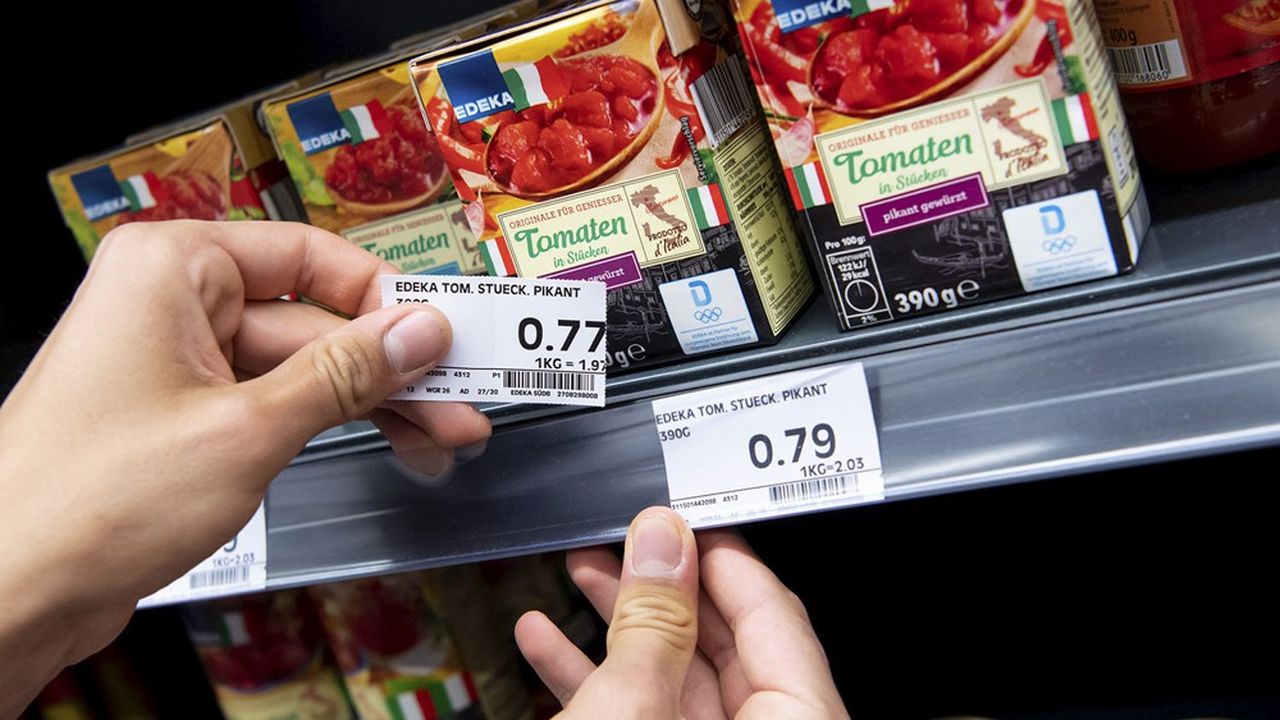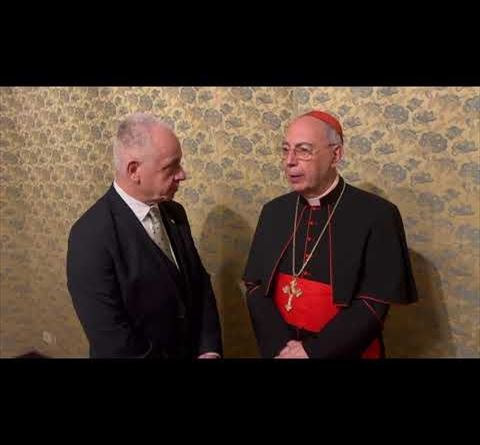
We have to go back to March 2021 to see a lower figure. In August, inflation started to fall again in Germany, falling below the 2% mark. The consumer price index, according to an initial estimate by the statistical office Destatis, rose to 1.9% over one year. In July, the index had come out at 2.3%. The harmonised price index, used by the European Central Bank (ECB) to conduct its monetary policy, stood at just 2%, the reference level of the European monetary authorities, after 2.6% in July.
This result somewhat surprised economists who had expected a decline, but not as pronounced. The 5.1% drop in energy prices largely explains this performance, while food prices rose again (+1.5%) over the month after a 1.3% increase in July. The price index excluding food and energy fell slightly to show an increase of 2.8% after 2.9% the previous month. Labor-intensive services, whose prices increased by 3.9% in August, as in the previous three months, are still slowing the decline in inflation.
Spanish inflation falls
Destatis also reported that real wages in Germany rose by an average of 3.1 percent from April to June compared with the same period a year earlier, marking an increase in employees’ purchasing power for the fifth consecutive quarter. “People have more money in their wallets again,” German Chancellor Olaf Scholz said in a message on X.
Hours earlier, Spanish statistics also showed a decline in inflationary pressures. Inflation harmonised with European standards slowed to 2.4% year-on-year in August, its slowest pace in a year. The fall in fuel and food prices were behind this result, the National Institute of Statistics (INE) highlighted. On the other hand, core inflation, which excludes volatile prices of unprocessed food and energy, rose by 2.7% year-on-year, compared to 2.8% last month, according to the INE.
Although last weekend the ECB’s chief economist, Philip Lane, considered that a restrictive monetary policy remained necessary, he nevertheless outlined future easings.
In Frankfurt on Thursday, he stressed that wage growth in the eurozone, a key factor in inflation, will slow sharply in 2025 and 2026. “This is where the confidence in the return to the central bank’s inflation target comes from,” he said.
ECB Rate Cut
Ahead of inflation figures from France, Italy and the eurozone, which are due to be published on Friday, economists are already predicting a reduction in the ECB’s key interest rates next month. At Nomura, four economists believe that “inflation concerns are increasingly secondary; attention is now shifting to economic growth and the labour market.”
The German inflation figures are “excellent news for the ECB as they finally show the first signs of a broader disinflationary trend, which goes beyond energy prices. They should facilitate the ECB’s decision to cut interest rates at its September meeting. Weakening inflationary pressures and weakening growth momentum provide an almost perfect macroeconomic backdrop for a further rate cut,” said Carsten Brzeski, ING’s chief economist.







